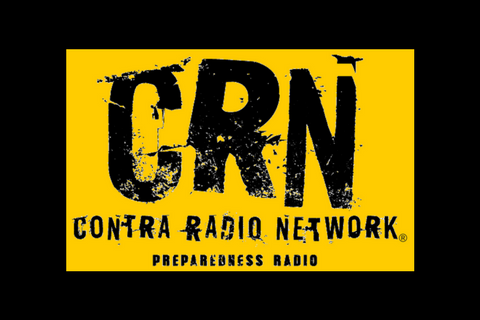Recent Posts
The Most Overlooked Survival Skill – Communication | Episode 373
When people think about survival skills, they often focus on fire-starting, food storage, and self-defense. However, one of the most underrated and essential skills is communication. In a survival situation, whether you're in a disaster scenario, bugging out, or just navigating everyday emergencies, how well you communicate can determine your success—or your failure.
"The Most Overlooked Survival Skill – Communication | Episode 373 "
Why Everyone Should Learn to Fight – The Case for Self-Defense Training | episode 372
Many people believe they will never find themselves in a violent situation, but the reality is that danger can arise when least expected. Whether it's a mugging, an aggressive road rage encounter, or an emergency where physical intervention is necessary, having even basic fighting skills can be the difference between survival and victimhood.
"Why Everyone Should Learn to Fight – The Case for Self-Defense Training | episode 372."
Bugging Out on Foot: What’s Actually Possible? | Episode 371
Bugging Out on Foot: What’s Actually Possible? | Episode 371 When disaster strikes, the idea of grabbing a bag and heading out on foot into the wilderness is a […]
Planning for Debilitating Sickness in a Collapse | Episode 370
In a survival situation, we often focus on external threats—food shortages, civil unrest, natural disasters—but what happens if you are the weak link? If you or your spouse are too sick to function, your carefully laid survival plans could fall apart. Today, we’re diving into the critical topic of prepping for debilitating sickness and ensuring your household can still function if one or more members are incapacitated.
"Planning for Debilitating Sickness in a Collapse | Episode 370."
Tax-Free Living Legal Ways to Keep More of Your Money | episode 369
In uncertain times, keeping as much of your hard-earned money as possible is a smart move. While taxes are unavoidable in many aspects of life, there are completely legal ways to minimize what you owe. For preppers and survivalists, finding ways to operate outside the heavily taxed mainstream economy can be a game-changer. Here’s how you can legally reduce your tax burden and keep more of your money.
"Tax-Free Living Legal Ways to Keep More of Your Money | episode 369."













Follow Us!